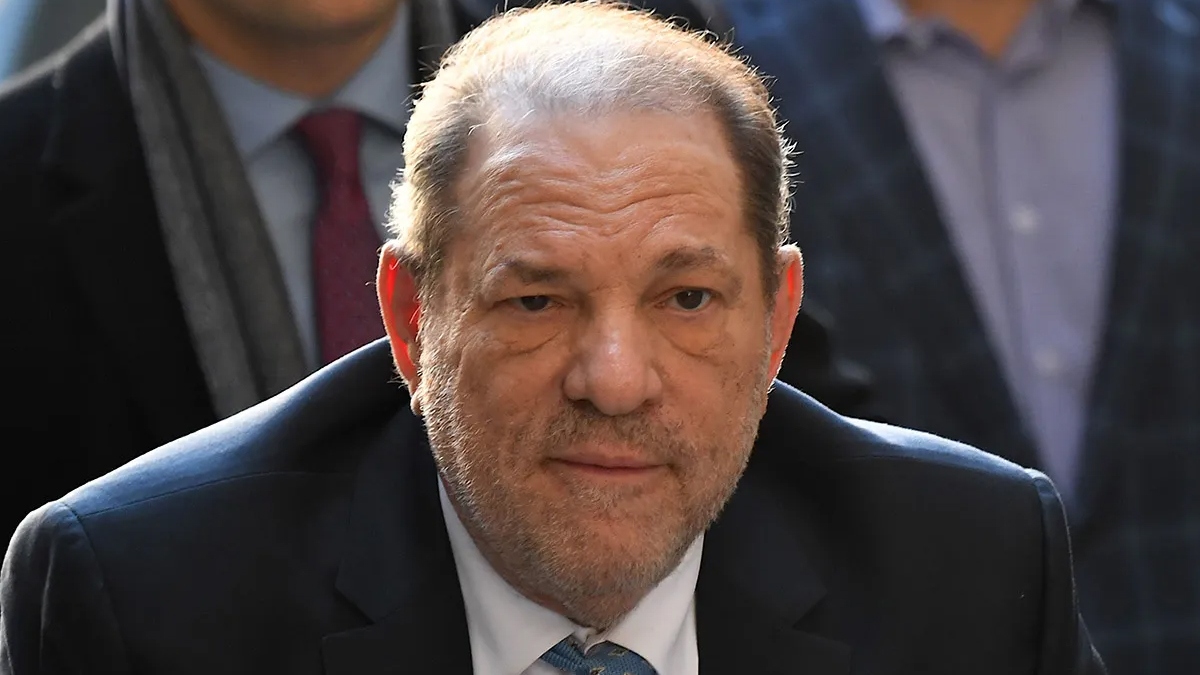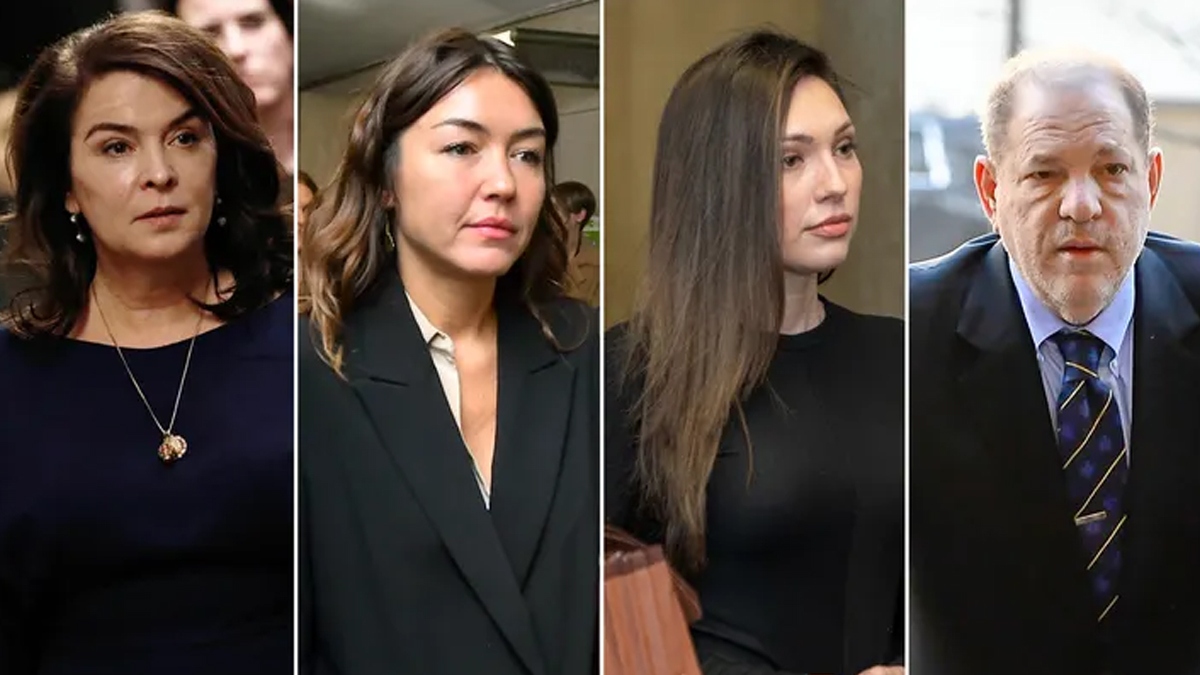
The recent reversal of Harvey Weinstein's rape conviction has sparked new issues about #MeToo prosecution strategies. The New York appeals court overturned Weinstein's 2020 conviction and awarded his lawyers a retrial. Trial courts will likely be more cautious about allowing character or past wrongdoing evidence.
Criminal defense attorney Michael Rene Huff noted that the Me Too movement has grown so much that prosecutors are under pressure to be more flexible. Former federal prosecutor Neama Rahmani said prosecutors don't want to utilize witnesses' testimony in "prior bad acts" in future trials because it's hard to establish credibility, especially when there are multiple victims.
Defense counsel Oleg Nekritin says Weinstein's court triumph won't affect future #MeToo cases. He said the court's ruling primarily affects Weinstein. The conviction reversed Weinstein's rape and forced sex accusations against Mimi Haley and Jessica Mann. Weinstein's lawyers won because the judge allowed new accusers, tainting the proceedings.
Weinstein's lawyer, Donna Rotunno, praised the ruling, saying the case warranted a retrial for due process. Rahmani warns that the verdict does not mean Weinstein is innocent and should be retried. Weinstein faces California and London lawsuits. California convicted him of four women's charges and sentenced him to 16 years.

The Weinstein case highlights the complexity and discussion surrounding the #MeToo movement and the pursuit of justice in sexual misconduct instances.



















